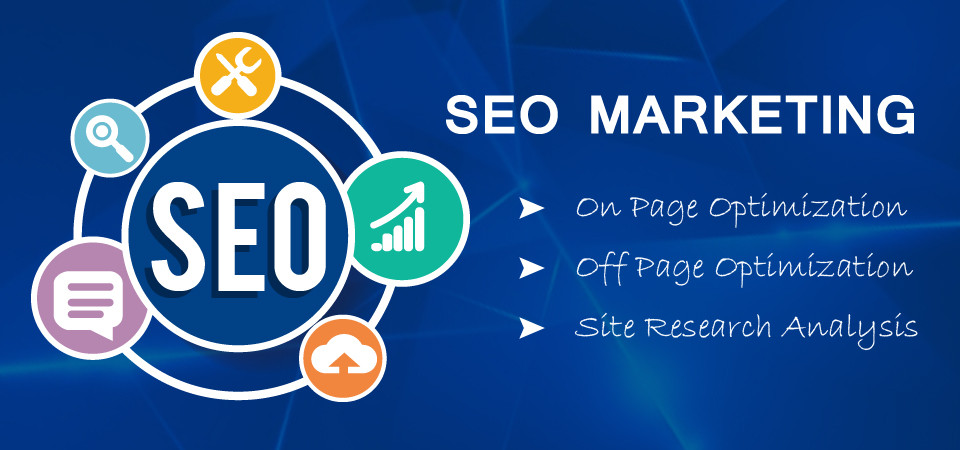Search Engine Optimization (SEO) is an essential aspect of digital marketing that focuses on optimizing a website’s content, structure, and code to improve its visibility in search engine results pages (SERPs). SEO helps businesses improve their online presence, increase traffic to their website, and generate leads and revenue. However, implementing SEO can be overwhelming, especially for beginners. In this article, we will discuss the most important elements of SEO that you should consider when optimizing your website.
SEO On-Page Optimization
On-page optimization refers to optimizing the content and HTML source code of a webpage to improve its relevance and visibility to search engines. The most important on-page optimization elements include:- Keyword Research: Keyword research is the process of identifying the search terms or phrases that people use to find products, services, or information related to your business. You should target keywords that have high search volume, low competition, and relevance to your business.
- Title Tag: The title tag is the main heading that appears in search engine results pages (SERPs) and web browsers. It should contain your primary keyword and accurately describe the content of the page.
- Meta Description: The meta description is the short summary that appears under the title tag in SERPs. It should also contain your primary keyword and provide a compelling reason for users to click through to your website.
- Header Tags: Header tags (H1, H2, H3) are used to structure the content of a webpage and provide context to search engines. The H1 tag should contain your primary keyword and accurately describe the content of the page, while the H2 and H3 tags should contain related keywords and subtopics.
- Content: The content of a webpage should be relevant, informative, and engaging to users. It should also contain the primary and related keywords, as well as internal and external links to other relevant pages on your website.
Technical Optimization
Technical optimization refers to optimizing the technical aspects of a website to improve its visibility and crawlability by search engines. The most important technical optimization elements include:- Site Speed: Site speed is a critical factor in SEO because it affects user experience and search engine rankings. You should optimize your website’s images, code, and server to ensure fast loading times.
- Mobile Friendliness: With more than 50% of internet users accessing the web on mobile devices, mobile-friendliness is critical to SEO. You should ensure that your website is responsive, has a mobile-friendly design, and loads quickly on mobile devices.
- URL Structure: The URL structure of a website should be clear, concise, and contain relevant keywords. You should use hyphens to separate words in the URL and avoid using underscores or special characters.
- XML Sitemap: An XML sitemap is a file that lists all the pages on your website and helps search engines crawl and index them. You should create and submit an XML sitemap to Google Search Console to ensure that all your pages are indexed.
- Robots.txt File: A robots.txt file is a file that tells search engines which pages of your website to crawl and which to ignore. You should ensure that your robots.txt file is properly configured to prevent search engines from indexing irrelevant or duplicate content.


